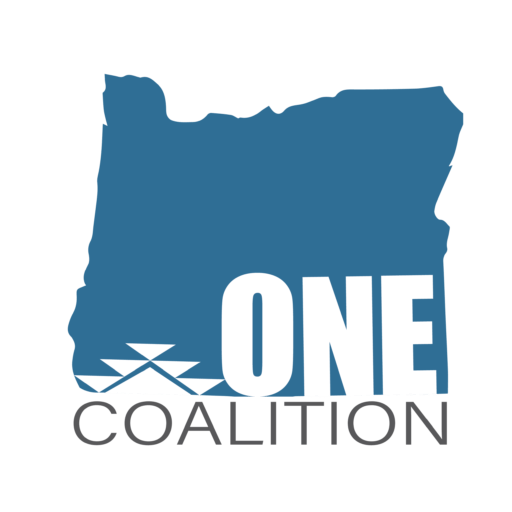Introduction and Requirements
Daucey Brewington (00:00):
Okay. Here’s what I’m gonna go over today. The benefits of certification, some of the different types, some of the application tips and cautions. Okay. Uh, why get certified in some cases, uh, the why is because hopefully it will help increase your revenue, uh, stream some of the, uh, federal and state agencies set aside business specifically for a subset that are certified. And some government agencies require their prime contractors to, uh, subcontract, to a subset of certified companies. And I’ll go into it more in detail on the DBE program, under the, uh, us department of transportation. But some of the prime contractors will go through a certified list, specifically looking for small business subcontractors that are certified because even though they are small and they’re minority owned, if they’re not certified, the primes cannot include them as part of their goals for subcontracting. So it makes you more attractive to, uh, the prime contractor.
Daucey Brewington (01:25):
And here’s how it increases your attractiveness, uh, state and local governments, some agency crimes. Uh, I’ll give you a personal, uh, example, the state of Washington, uh, past a initiative back in 1998, that precluded the use of ethnicity in any state contracts and to no one surprised the number of contracts going to minority businesses dropped rather precipitously. Well in 2018, 20 years later, the state, uh, commissioned a disparity study to try to understand why there were not that many, uh, minority businesses in the state, uh, roles. The contract went to a company located in Chicago. And I got a call because as I mentioned earlier, I created my service disabled veteran owned company to learn the process. And I also certified with the state, well, the prime contract in Chicago went onto the database with the state, selected three or four companies and called us up and asked us directly, would you like a subcontract and a call being capitalist? I said, absolutely. Do I have to bid? She goes, no, just send me your rates. And let’s talk about what we want you to do. So for me personally, being certified
Daucey Brewington (03:00):
Now we’ve all heard of the golden rule. Then when the goal makes the rules and I say this, cause some
Daucey Brewington (03:07):
Of the certification requests ask for things that go, why do they need that? And if you don’t wanna provide it or you can’t provide it, then you’re not eligible for certification. If it’s their rules, you have to abide by now, this one is where a lot of folks get into the confusion on owned and controlled, uh, generally greater than 50% equity ha uh, ownership and control must be exercised by the person upon whom eligibility is based, meaning financial decisions and management decisions. Uh, I, I had one young fellow, he was native. He had a business degree and construction management. He owned a construction company and did excellent work. However, he did not have the financial wherewithal to back what he was doing. He had an uncle that would co-sign on the heavy equipment lease and some of those type things, and the uncle had a 5% equity stake.
Daucey Brewington (04:27):
He was ineligible for certification because even though he clearly owned 90%, he did not have financial control or financial decision makings. And a lot of cases was based them, whether or not his uncle would sign the line of credit or the lease. So you wanna make sure that it’s UN unconditionally owned and controlled. You have to be organized for profit. Uh, now under demonstrated capabilities under your resume, this comes into a effect of what company or what capabilities are, what contracts you’re going after, whoever the eligibility is based on the individual, their resume must show, background and capability either through a experience and education tax records. Uh, most of them want to see that you have been profitable for the, at least the past two years in the line of business for which you are seeking certification. And the reference is that comes under past performance. There, the certing agents will look at, uh, the amounts of revenue and sometimes they won’t tell you a dollar amount. They just wanna see that you have been generating revenues, uh, for federal. Uh, they like to see if it’s a small business that you’ve done at least 60 to $75,000 worth of work in the last 30 days for the smallest, uh, type company.
